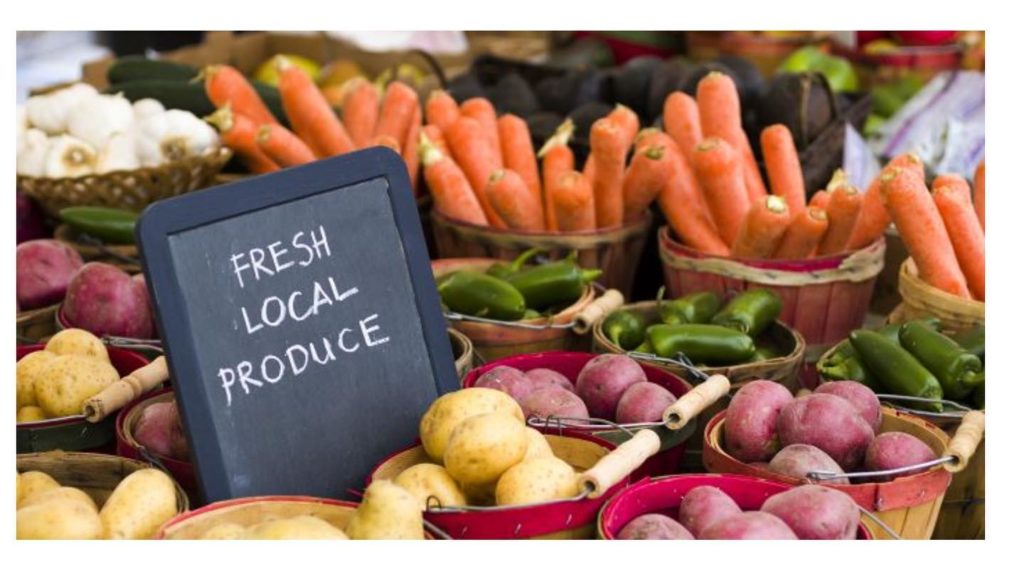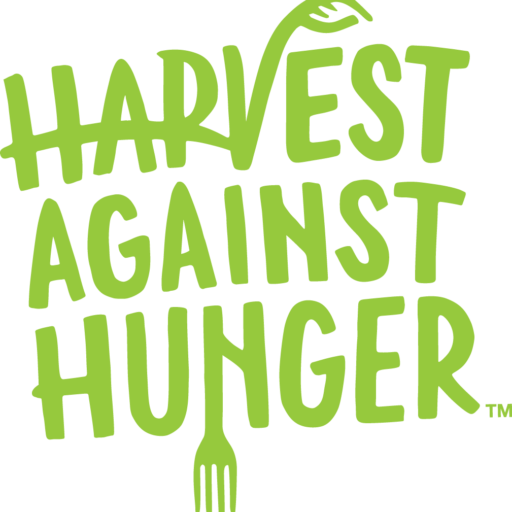How Can We Help?

Donor Relations: Farmers
Farmers are foundational to the gleaning network. Growers must know that gleaning operations are not trying to “take advantage” of them, or do any harm to their crops, land, or business. It is essential that they understand that we have their interests at heart, as well as the needs of the hungry in our communities. Farmers are usually part of a close network, and one bad experience can spread like wildfire. The grower are perhaps the most important component of our work. When in doubt, do whatever necessary to make the farmers happy.
A. Finding Farmers
• Farmers’ Markets: walk around; talk to growers. If someone else is selling for a farmer, ask for the farmer’s name and phone number.
• Farm Shows: Look for farms shows in your area and check with the organizers (state departments’ of agriculture often run them) to get a free booth or table.
• County Extension Agents: Make appointments to see either the Director of the County ext., or the agent who actually deals with fruit and vegetable growers.
• Farm Service Agents: They are part of the USDA and are expected to encourage farmers to participate in gleaning. Also, they know the farmers and what they are growing. Farmers are supposed to register their crops with the FSA.
• State Dept. of Agriculture: May put out publications that would be helpful, such as a list of pick your own farms. Some states may have websites that list growers.
• Newspaper or Google listings of Pick-Your-Own-Farms: In the spring of the year, papers will often run listings of farms in the area.
• Pick your own farms are often a great place to start because they are used to having people in the field.
• Driving through communities: When driving through rural backroads, you may notice fields of row crops. Try to find out who owns or leases this land. Sometimes there may be workers in the field that you can approach to ask, or there may be a packing house nearby where you can ask to speak to a farm manager.
B. What To Say To Farmers
If you have a farm office number, you may be able to contact a farmer during the day; however, it is often easier to catch them at home after dark. Some farmers may respond better to a personal visit because of their busy, long days. When speaking with farmers verbally or through email, communicate that your organization is not asking for money. Tell the farmer in general terms what your organization does, and ask if they might be interested in having their field gleaned. Make sure that this material is to-the-point and geared specifically for farmers, as they usually do not have a lot of time be away from the field. Be ready to answer questions about liability forms, tax incentives, the Good Samaritan Act, and where the food goes.
Selling points of gleaning:
- farmer can’t sell the food (it would cost more to harvest than it could be sold for)
- the food may have some damage from weather (too much rain)
- For u-picks, if they are not having customers, it will help their plants to keep producing if they are picked (e.g., strawberries)
Let the farmer know that you have a trained volunteer (or you yourself) in the field who will help to supervise the groups that glean. This person ensures that the gleaners are respectful of the farmer’s property. Make sure that the farmer knows that you schedule a specific time when gleaners are in the field with a field supervisors and gleaners are NOT there at other times on their own. If the farmer is concerned about this, let them know that the gleaners are asked to sign a waiver. You may want to give them a copy of the waiver to look over, for their own peace of mind.
Tax Credit (if applicable, your organization must be registered with the Federal Government): Let the farmer know if your state has a tax credit for gleaned produce. Also let them know about the Federal Enhanced Tax Deduction.
Things to find out from farmers:
- What crops do they grow?
- When do they harvest and when might gleaning be possible?
- How many acres do they cultivate?
- Where are their fields located?
Help farmers understand what your organization does. Help them understand that you are receptive to their needs; you won’t take any produce that they could sell, just what would otherwise go to waste. Remind them that produce recipients will not sell the gleaned produce or compete with the farmers’ sales in any way.
C. Maintaining Contact with Farmers
Some farmers like to stay in contact year round—even when they are not growing, and when you are not actively gleaning with them. There are a variety of ways to do this:
• During the growing season, contact farmers often about how the crops are progressing, what they are growing, and how much is being harvested.
• Remember to send a thank you note to the farmer after every glean event.
• Send a holiday card during the holidays, with as many signatures as possible.
• In January, send them their tax letter (if applicable) and a letter of thanks.
• In between seasons, check with the farmer to see what they will be planting next season.
D. Scheduling Gleanings with a Farmer
- Ascertain the time when the crop needs gleaned: Some farmers will know a while in advance if they expect to have something to glean. Others may not contact you until they want it out of the field the next day. Try to work within the time constraints that the farmer would like. Flexibility on your end is key!
- Find out how large the field is or how much the farmer expects you to glean: this determines the number of gleaners needed and how many/what size vehicles are needed for distribution.
- If you are uncertain about packaging, ask the farmer what she or he would suggest.
- Let the farmer know that you will be back in touch when you have made arrangements for gleaning.
- Always be certain to confirm certain information with the farmer before the gleaning event: the time, day, and expected number of volunteers who will attend are a good place to start.


